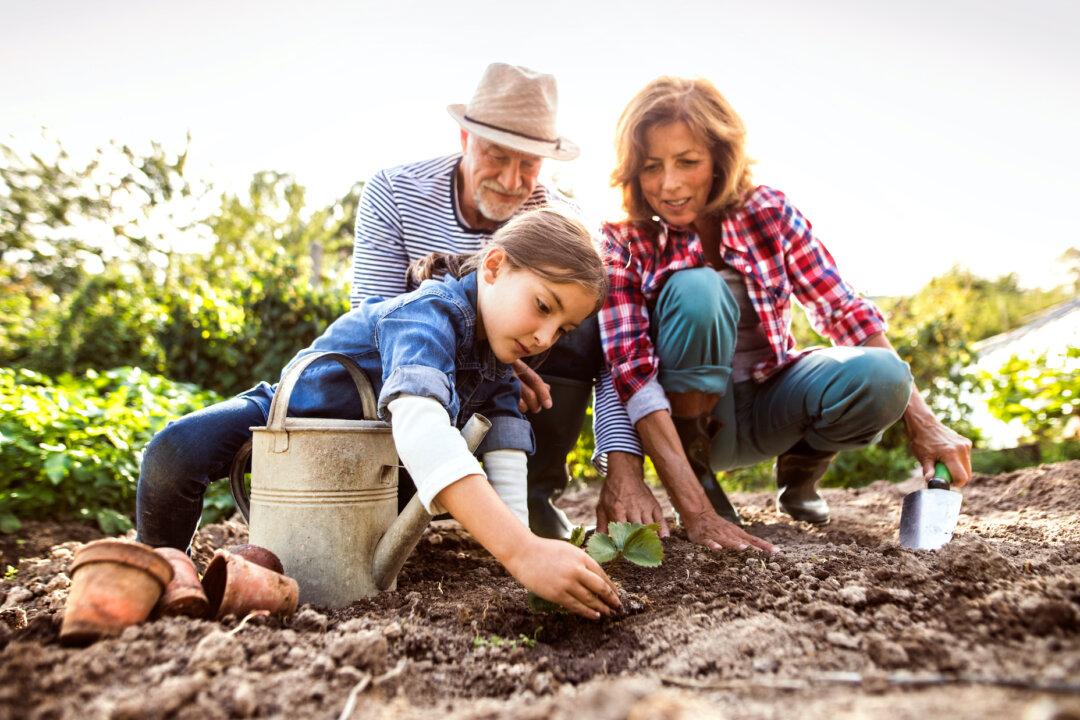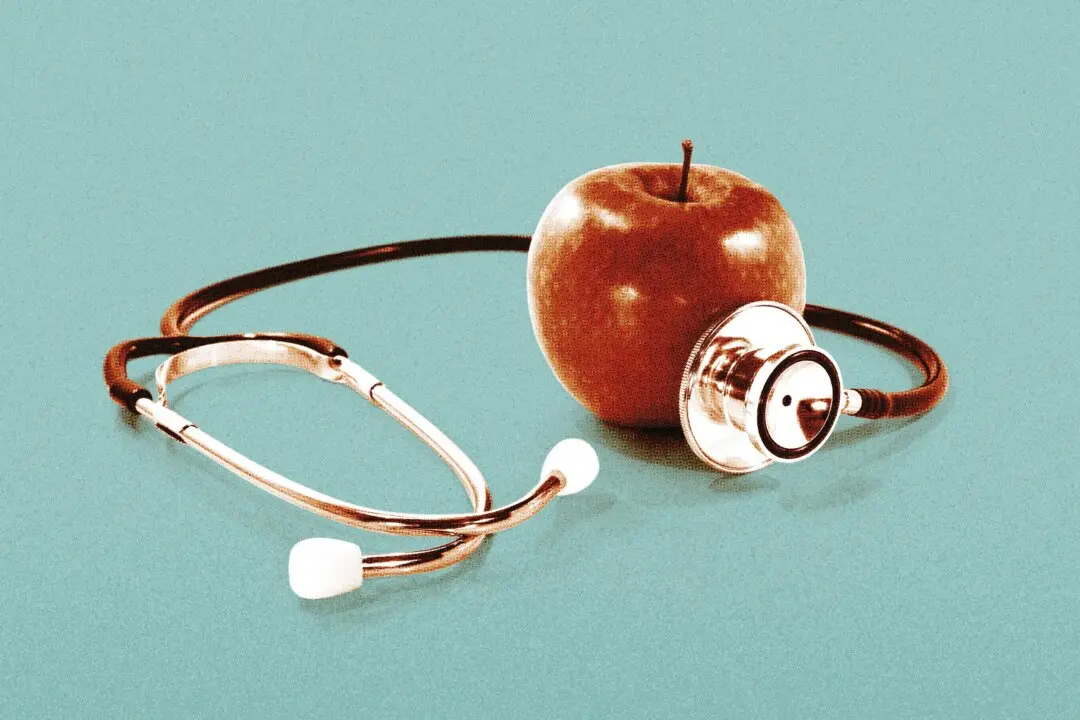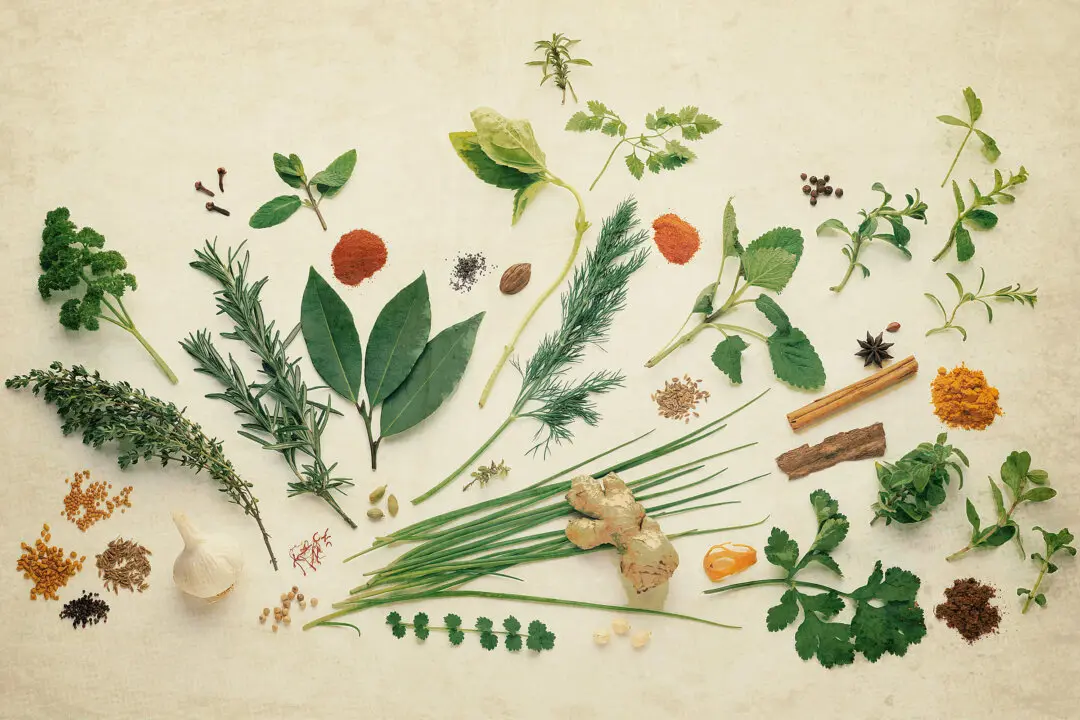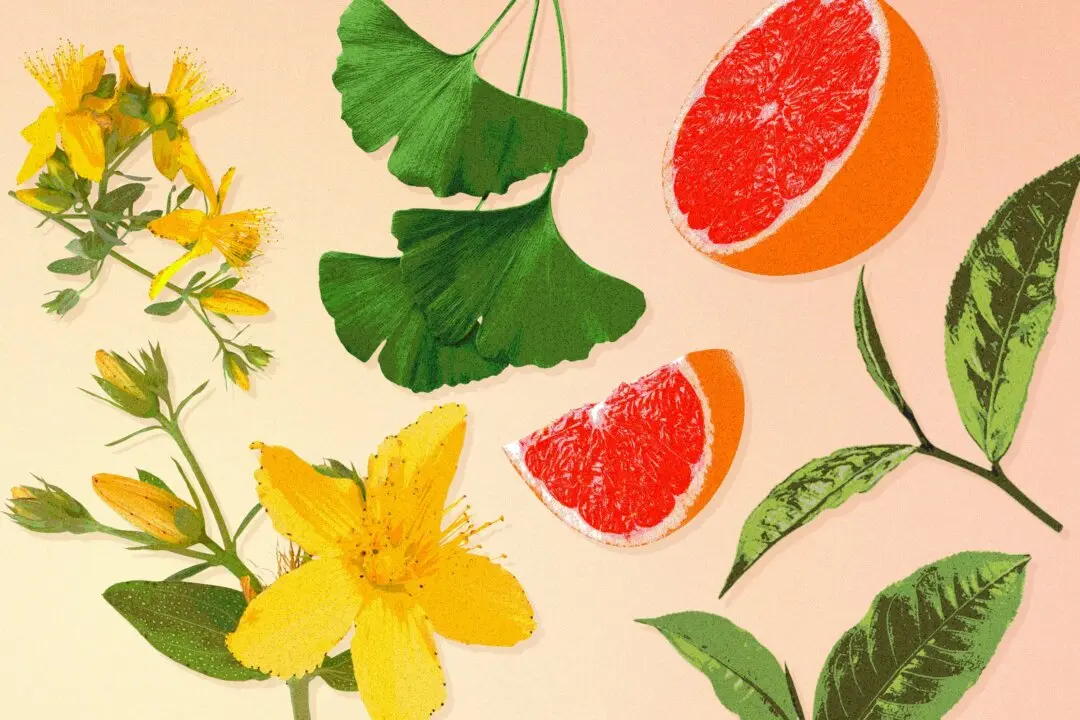Before a few years ago, a pandemic seemed more likely to be the plot of a best-selling novel than the dystopian reality it has become.
COVID-19 and all its variants have become an uncomfortable part of life. Just as things seem to settle down and we get back to living normally, another variant comes along and the disruption begins again. This time of massive upheaval has spurred us to reevaluate how we do things as a community and a country. For instance, we’ve realized that having food, medical supplies, and essential goods come from halfway around the globe is risky, and there has been a surge in local production as a result. Producing essential goods in our local communities fortifies us, making us more resilient and self-reliant.






